Home>Gardening & Outdoor>Outdoor Recreation & Activities>How To Keep Swimming Pool Water Clean Naturally


Outdoor Recreation & Activities
How To Keep Swimming Pool Water Clean Naturally
Published: February 18, 2024
Discover natural ways to keep your swimming pool water clean and clear. Explore eco-friendly outdoor recreation and activities for a refreshing experience.
(Many of the links in this article redirect to a specific reviewed product. Your purchase of these products through affiliate links helps to generate commission for Storables.com, at no extra cost. Learn more)
Introduction
Maintaining a clean and pristine swimming pool is essential for ensuring a safe and enjoyable aquatic experience. Whether it's a backyard oasis or a community pool, the quality of the water directly impacts the overall swimming experience. Clean water not only looks inviting but also plays a crucial role in safeguarding the health of swimmers. While there are various methods and products available for pool maintenance, the focus here is on natural approaches to keep swimming pool water clean.
A harmonious blend of nature's mechanisms and human intervention can work wonders in preserving the purity of pool water. By harnessing the power of natural elements and sustainable practices, pool owners can minimize their reliance on harsh chemicals and reduce their environmental impact. This article delves into the significance of maintaining clean pool water and explores eco-friendly methods to achieve this goal. From leveraging the purifying properties of plants and microorganisms to adopting regular maintenance routines, the following sections will provide valuable insights into naturally preserving the clarity and hygiene of swimming pool water.
Key Takeaways:
- Embrace nature’s power by using plants and microorganisms to naturally purify swimming pool water. It’s eco-friendly, reduces reliance on chemicals, and creates a balanced and thriving pool ecosystem.
- Regular maintenance and cleaning are essential for keeping pool water clean. Skim, vacuum, and maintain water circulation to create a safe and inviting swimming environment while promoting sustainability.
Read more: How To Keep A Swimming Pool Clean
Importance of Keeping Swimming Pool Water Clean
Maintaining clean swimming pool water is paramount for several reasons. Firstly, clean water is essential for the health and safety of swimmers. Unclean water can harbor harmful bacteria, algae, and other microorganisms that pose health risks, leading to skin irritations, ear infections, and even more serious illnesses if ingested. By keeping the water clean, pool owners can create a safer and more enjoyable swimming environment for themselves, their families, and their guests.
Additionally, clean pool water enhances the overall aesthetic appeal of the pool. Crystal-clear water not only looks inviting but also creates a visually stunning and tranquil atmosphere. This is particularly important for commercial pools, as the visual appeal of the water can significantly impact the overall experience of the guests.
Furthermore, maintaining clean pool water helps to preserve the longevity of the pool equipment and infrastructure. Contaminated water can lead to the buildup of scale, algae, and other deposits, which can damage the pool's filtration system, pumps, and other components. By keeping the water clean, pool owners can extend the lifespan of their pool equipment and reduce the frequency of maintenance and repairs.
Moreover, clean pool water contributes to environmental sustainability. By minimizing the use of harsh chemicals and relying on natural purification methods, pool owners can reduce their ecological footprint. This aligns with the growing trend of eco-consciousness and sustainable living, making natural pool maintenance practices an attractive choice for environmentally conscious individuals and organizations.
In summary, the importance of keeping swimming pool water clean cannot be overstated. From safeguarding the health of swimmers to enhancing the visual appeal of the pool and promoting environmental sustainability, clean water is a fundamental aspect of responsible pool ownership. In the following sections, we will explore natural methods for maintaining clean pool water, offering eco-friendly alternatives to traditional chemical-based approaches.
Natural Methods for Keeping Swimming Pool Water Clean
Maintaining the cleanliness of swimming pool water through natural methods is not only environmentally friendly but also promotes sustainable pool management. By harnessing the inherent purifying capabilities of nature, pool owners can achieve and maintain pristine water quality without relying heavily on chemical treatments. Here are some effective natural methods for keeping swimming pool water clean:
1. Using Plants and Microorganisms
Integrating aquatic plants and beneficial microorganisms into the pool ecosystem can significantly contribute to water purification. Certain aquatic plants, such as water lilies, water hyacinths, and cattails, have natural filtration properties and can absorb nutrients that promote algae growth. Additionally, the use of beneficial bacteria and enzymes can aid in breaking down organic matter and contaminants, effectively reducing the need for chemical sanitizers.
2. Regular Maintenance and Cleaning
Consistent maintenance practices play a crucial role in preserving the cleanliness of pool water. Skimming the surface to remove debris, vacuuming the pool floor, and brushing the walls help prevent the accumulation of organic matter and algae. Furthermore, maintaining proper water circulation and filtration, along with routine checks of pH and chlorine levels, ensures that the water remains balanced and free from impurities.
Read more: How To Build A Natural Swimming Pool
3. UV-C and Ozone Water Treatment
Utilizing UV-C light and ozone generators can serve as natural alternatives to traditional chemical sanitizers. UV-C light effectively neutralizes bacteria, viruses, and algae, while ozone breaks down contaminants and eliminates pathogens. These methods provide powerful disinfection without leaving behind chemical residues, promoting a healthier and more natural swimming environment.
4. Mineral Purification Systems
Mineral-based pool purifiers, such as those utilizing copper and silver ions, offer a natural approach to water sanitation. These systems release ions into the water, effectively inhibiting the growth of algae and bacteria. By incorporating mineral purification, pool owners can reduce their reliance on chlorine while maintaining water clarity and hygiene.
5. Natural Enzyme Treatments
Enzyme-based pool treatments can aid in breaking down organic compounds, oils, and other contaminants that accumulate in the water. These natural enzymes work to degrade organic matter, preventing the formation of scum lines and reducing the load on the pool's filtration system.
By embracing these natural methods for keeping swimming pool water clean, pool owners can achieve a harmonious balance between effective water purification and environmental responsibility. These approaches not only contribute to a healthier and more sustainable pool environment but also align with the growing preference for eco-friendly and natural pool maintenance solutions.
Using Plants and Microorganisms
Integrating plants and microorganisms into the pool ecosystem can be a game-changer in maintaining clean and clear water. Aquatic plants such as water lilies, water hyacinths, and cattails offer more than just aesthetic appeal; they possess natural filtration properties that can significantly contribute to water purification. These plants absorb nutrients, such as nitrates and phosphates, which are essential for algae growth. By depriving algae of these nutrients, aquatic plants help to naturally inhibit their proliferation, thereby reducing the likelihood of algae blooms in the pool.
Furthermore, the use of beneficial microorganisms, such as specific strains of bacteria and enzymes, can play a pivotal role in breaking down organic matter and contaminants in the water. These microorganisms aid in the decomposition of organic compounds, including leaves, pollen, and other debris that find their way into the pool. By accelerating the breakdown of organic matter, beneficial bacteria and enzymes help prevent the accumulation of debris, which can serve as a nutrient source for algae and other microorganisms.
In addition to their natural filtration and nutrient-absorbing properties, aquatic plants contribute to the overall ecological balance of the pool. They provide shelter and food for beneficial microorganisms, creating a thriving ecosystem that promotes water clarity and purity. This natural approach to pool maintenance not only reduces the reliance on chemical treatments but also fosters a sustainable and balanced aquatic environment.
By leveraging the purifying capabilities of plants and microorganisms, pool owners can embrace a more holistic and eco-friendly approach to maintaining clean pool water. This natural method aligns with the principles of sustainable pool management, offering an effective and environmentally conscious alternative to traditional chemical-based treatments. With the integration of plants and microorganisms, pool maintenance transcends the conventional paradigm, embracing the inherent power of nature to preserve the pristine quality of swimming pool water.
Read more: How To Clean A Swimming Pool
Regular Maintenance and Cleaning
Regular maintenance and cleaning are fundamental pillars of effective pool water management, playing a pivotal role in preserving water clarity and hygiene. Consistent upkeep not only enhances the visual appeal of the pool but also contributes to the overall health and safety of swimmers. By adhering to a routine maintenance schedule and implementing thorough cleaning practices, pool owners can mitigate the accumulation of debris, organic matter, and contaminants, thereby promoting a pristine swimming environment.
Skimming the pool's surface to remove leaves, insects, and other debris is a simple yet crucial maintenance task. This prevents organic matter from sinking to the bottom and becoming a breeding ground for algae and bacteria. Additionally, vacuuming the pool floor and brushing the walls help eliminate sediment and algae buildup, preventing the water from becoming cloudy or discolored. These proactive measures not only maintain water clarity but also reduce the strain on the pool's filtration system, enhancing its efficiency.
Furthermore, ensuring proper water circulation and filtration is essential for preventing stagnation and promoting uniform distribution of sanitizers and chemicals. Regularly inspecting and cleaning the pool's filters, skimmer baskets, and pump strainer baskets is imperative to prevent clogging and optimize filtration. By maintaining optimal water circulation and filtration, pool owners can minimize the risk of waterborne contaminants and promote balanced water chemistry.
Monitoring and maintaining the pool's chemical balance is another critical aspect of regular maintenance. Regularly testing the water for pH, chlorine, alkalinity, and calcium hardness levels allows for timely adjustments to ensure that the water remains balanced and sanitized. Properly balanced water not only enhances swimmer comfort but also prevents the proliferation of algae and harmful microorganisms.
Incorporating routine checks and maintenance of pool equipment, such as pumps, motors, and heaters, is essential for ensuring their longevity and optimal performance. Addressing any issues promptly and conducting preventive maintenance can prevent costly repairs and downtime, allowing for uninterrupted enjoyment of the pool.
By embracing a proactive approach to regular maintenance and cleaning, pool owners can uphold the cleanliness and purity of the water, creating a welcoming and safe environment for swimmers. These practices not only contribute to the overall aesthetics of the pool but also promote sustainable pool management, aligning with the principles of environmental responsibility and conscientious pool ownership.
Conclusion
In conclusion, maintaining clean swimming pool water through natural methods is not only achievable but also highly beneficial. By embracing the purifying capabilities of plants, microorganisms, and natural treatment systems, pool owners can create a harmonious aquatic environment that promotes health, sustainability, and aesthetic appeal.
The integration of aquatic plants and beneficial microorganisms offers a holistic approach to water purification, reducing the reliance on chemical treatments while fostering a balanced and thriving pool ecosystem. These natural elements not only contribute to water clarity but also play a vital role in inhibiting the proliferation of algae and harmful microorganisms, safeguarding the health of swimmers and preserving the longevity of pool infrastructure.
Furthermore, regular maintenance and cleaning practices are essential for upholding the cleanliness and hygiene of pool water. By implementing proactive measures such as skimming, vacuuming, and maintaining optimal water circulation and filtration, pool owners can mitigate the accumulation of debris and organic matter, promoting a pristine swimming environment. Additionally, routine checks of water chemistry and equipment ensure that the pool remains balanced, safe, and inviting.
The adoption of natural methods for keeping swimming pool water clean aligns with the growing emphasis on environmental sustainability and eco-conscious living. By reducing the reliance on harsh chemicals and embracing natural purification techniques, pool owners can minimize their ecological footprint while creating a healthier and more sustainable pool environment.
In essence, the pursuit of clean swimming pool water through natural methods represents a commitment to responsible pool ownership and environmental stewardship. By harnessing the inherent power of nature and integrating sustainable practices, pool owners can enjoy the benefits of a clean, clear, and inviting pool while contributing to a more sustainable and eco-friendly future.
In summary, the journey to maintaining clean swimming pool water naturally is a testament to the transformative potential of eco-friendly and sustainable pool management. By prioritizing the health and well-being of swimmers, preserving the environment, and enhancing the overall pool experience, natural pool maintenance methods offer a compelling and rewarding approach to responsible pool ownership.
Frequently Asked Questions about How To Keep Swimming Pool Water Clean Naturally
Was this page helpful?
At Storables.com, we guarantee accurate and reliable information. Our content, validated by Expert Board Contributors, is crafted following stringent Editorial Policies. We're committed to providing you with well-researched, expert-backed insights for all your informational needs.

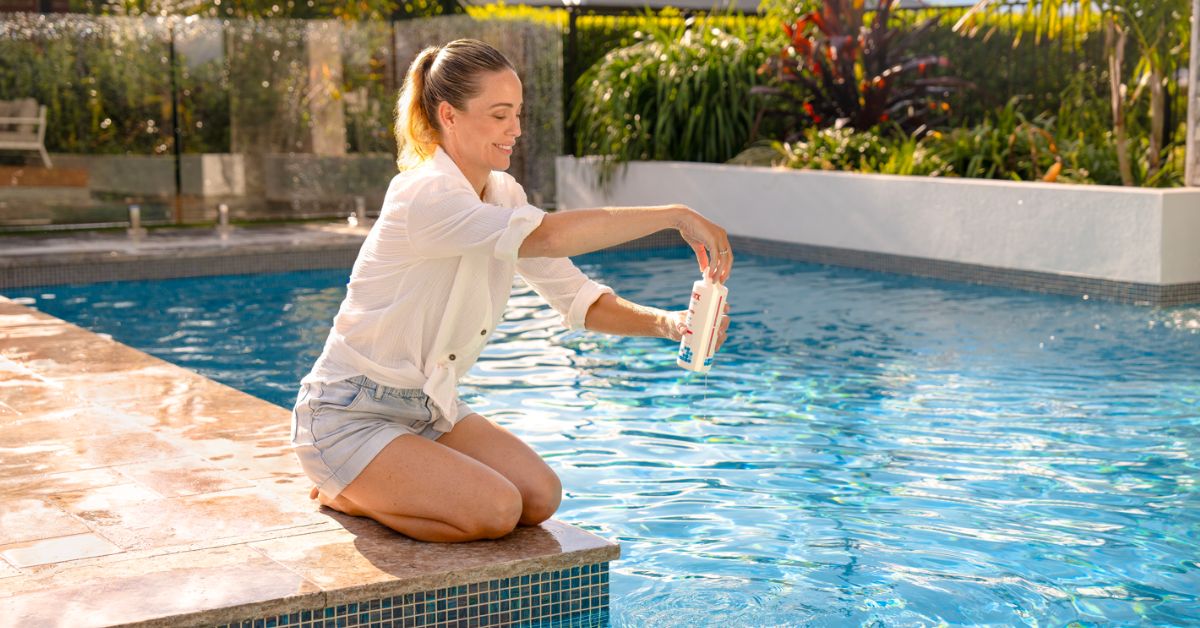

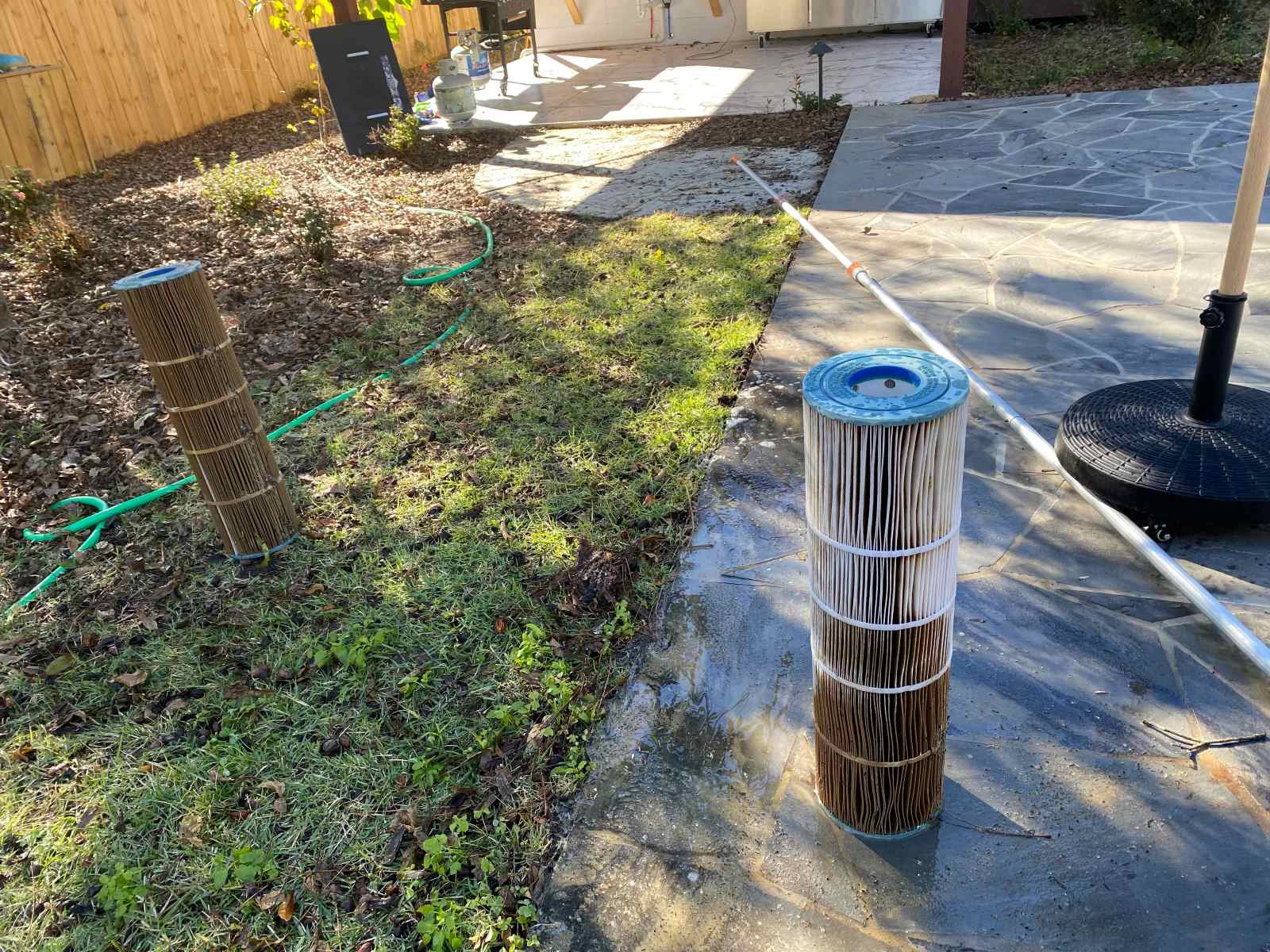
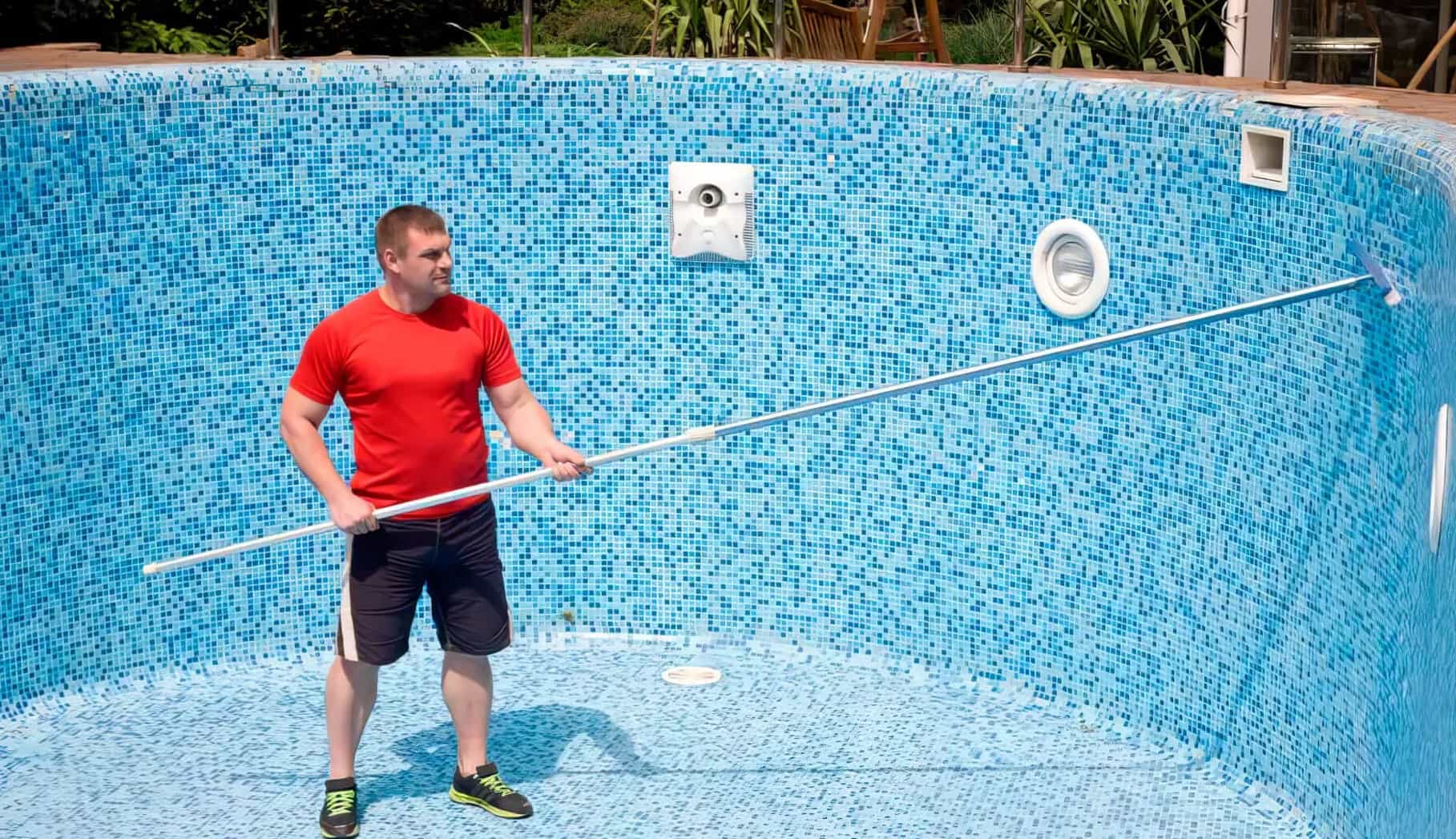
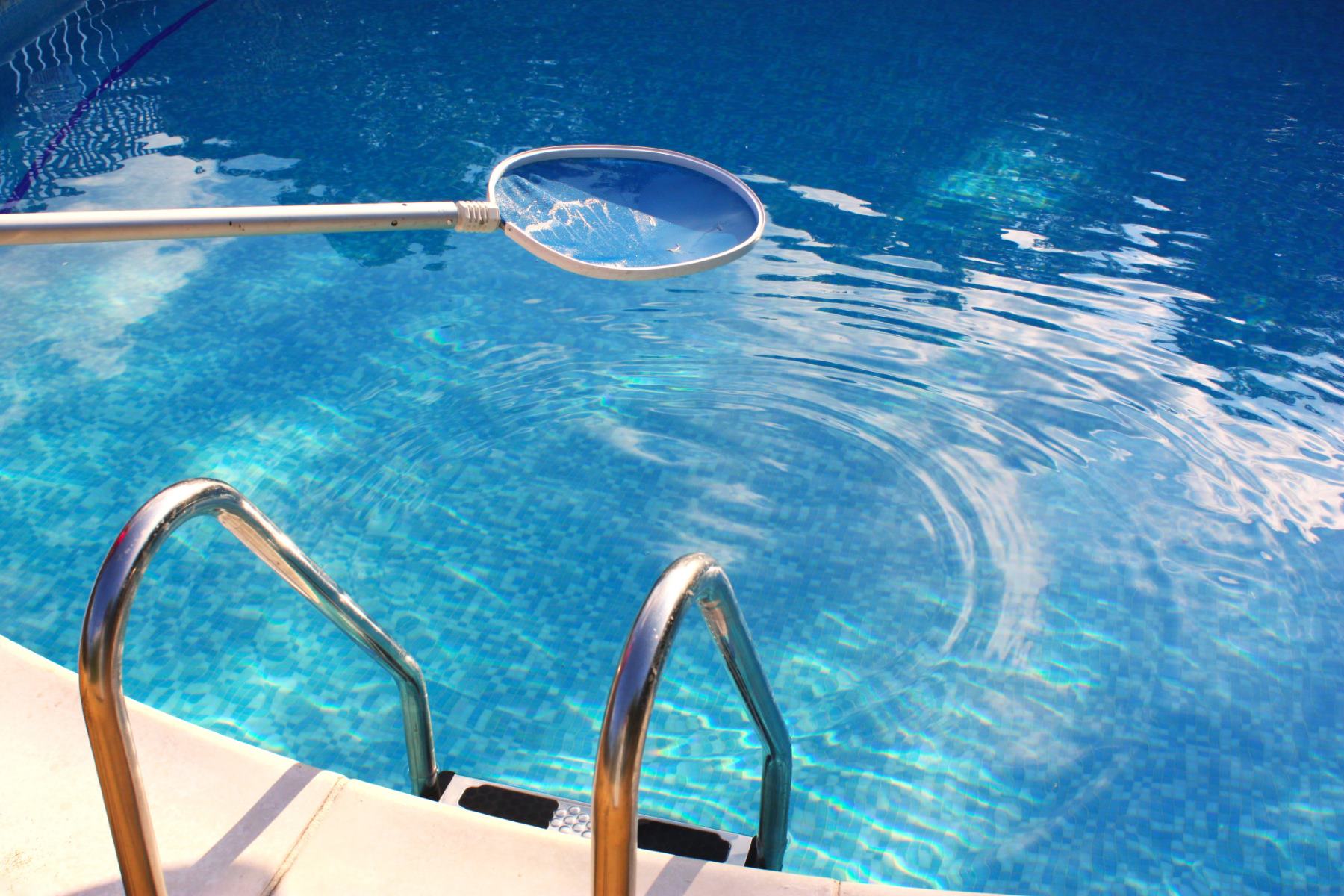
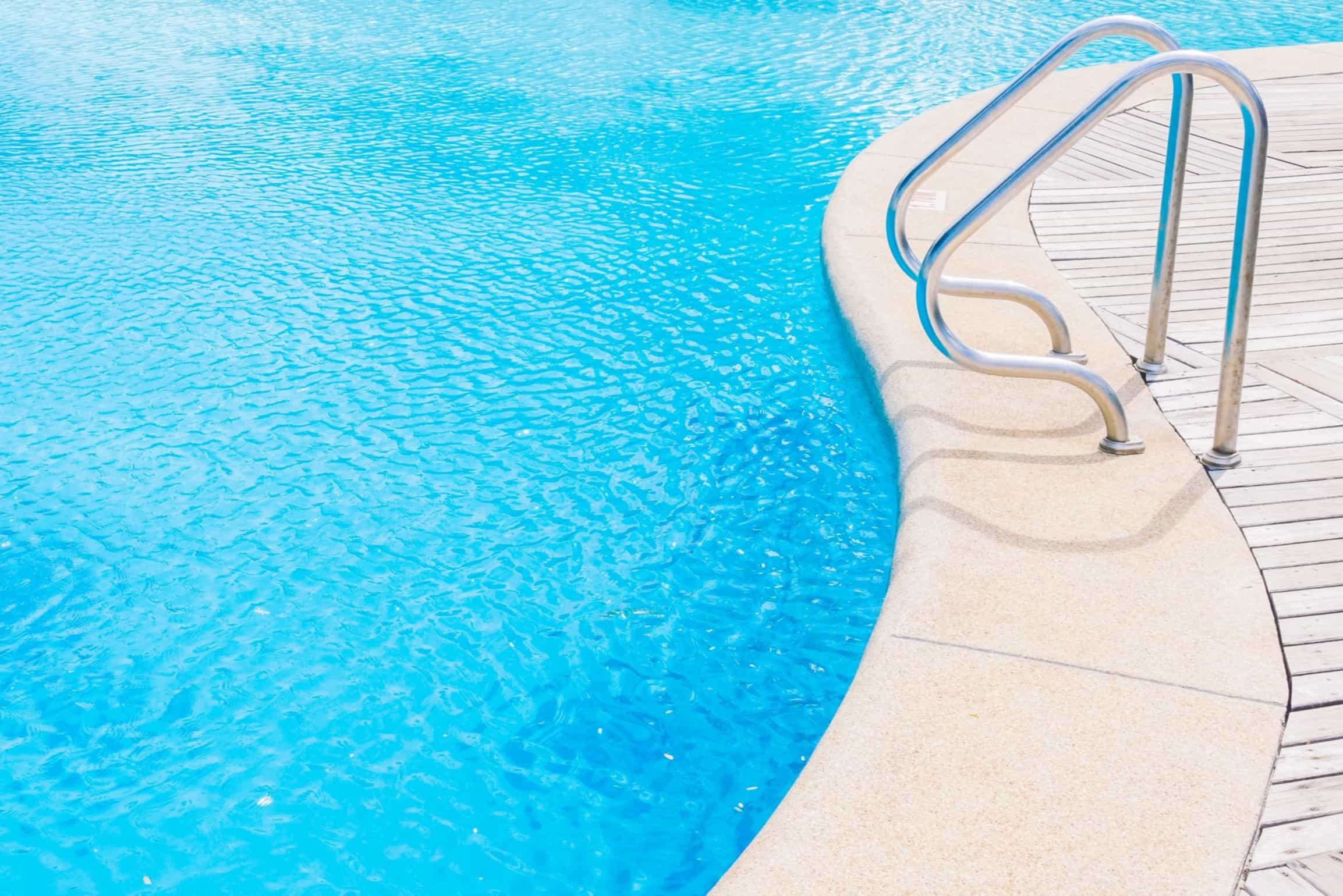
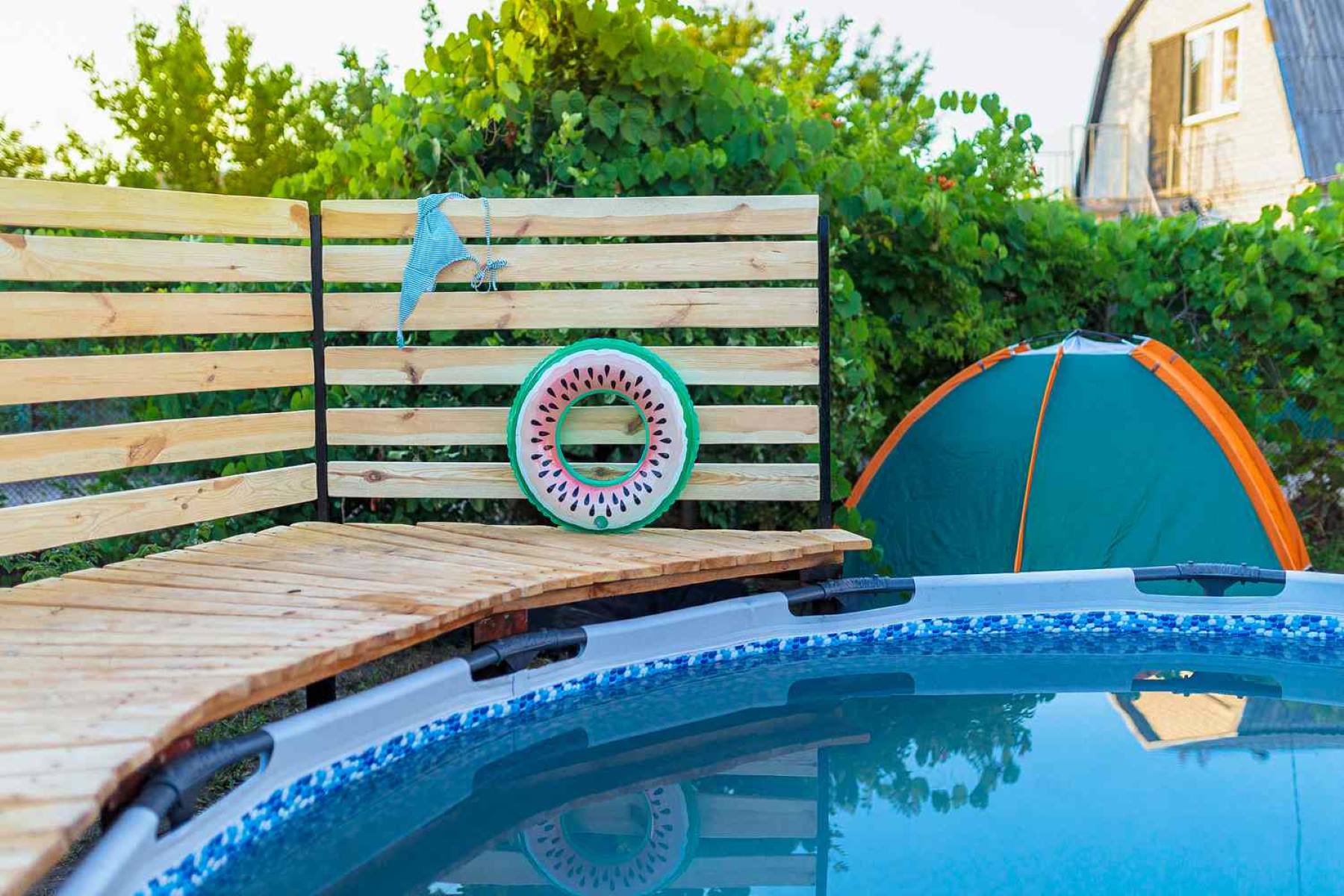


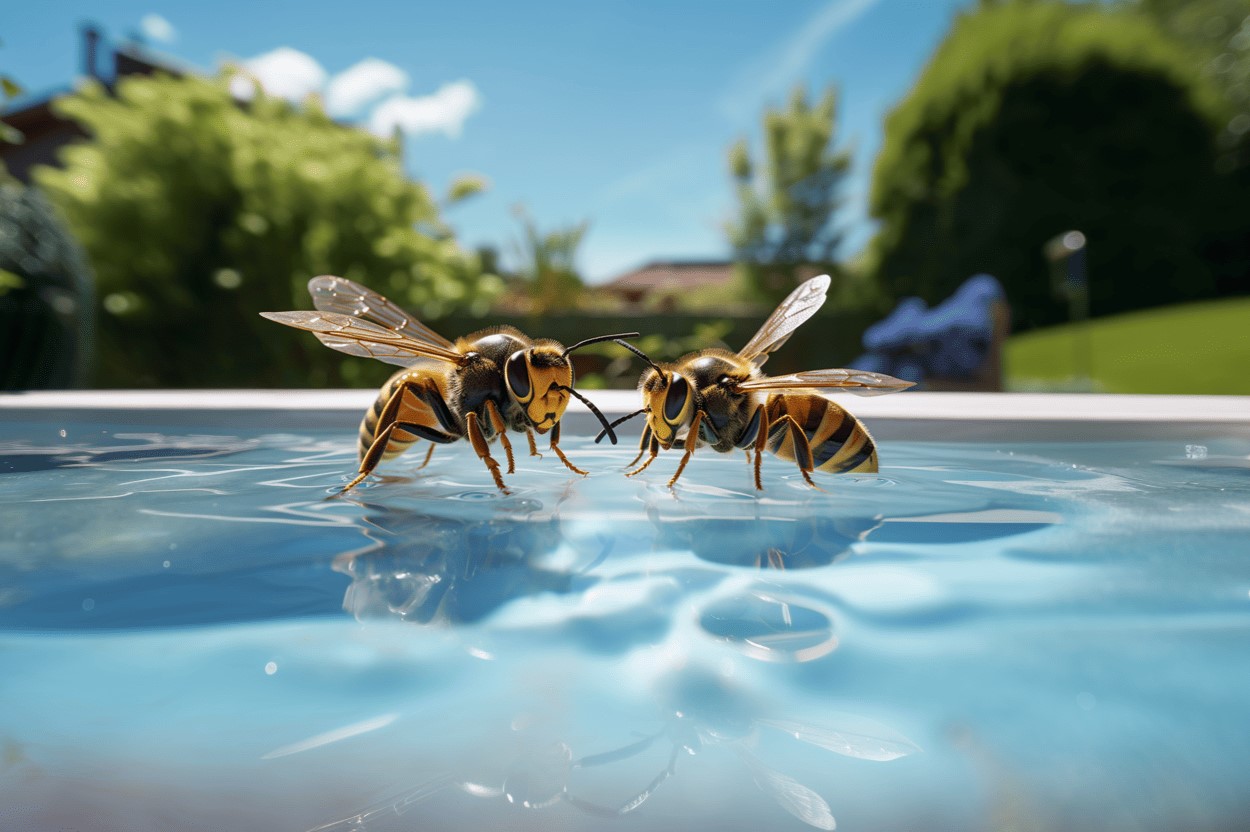

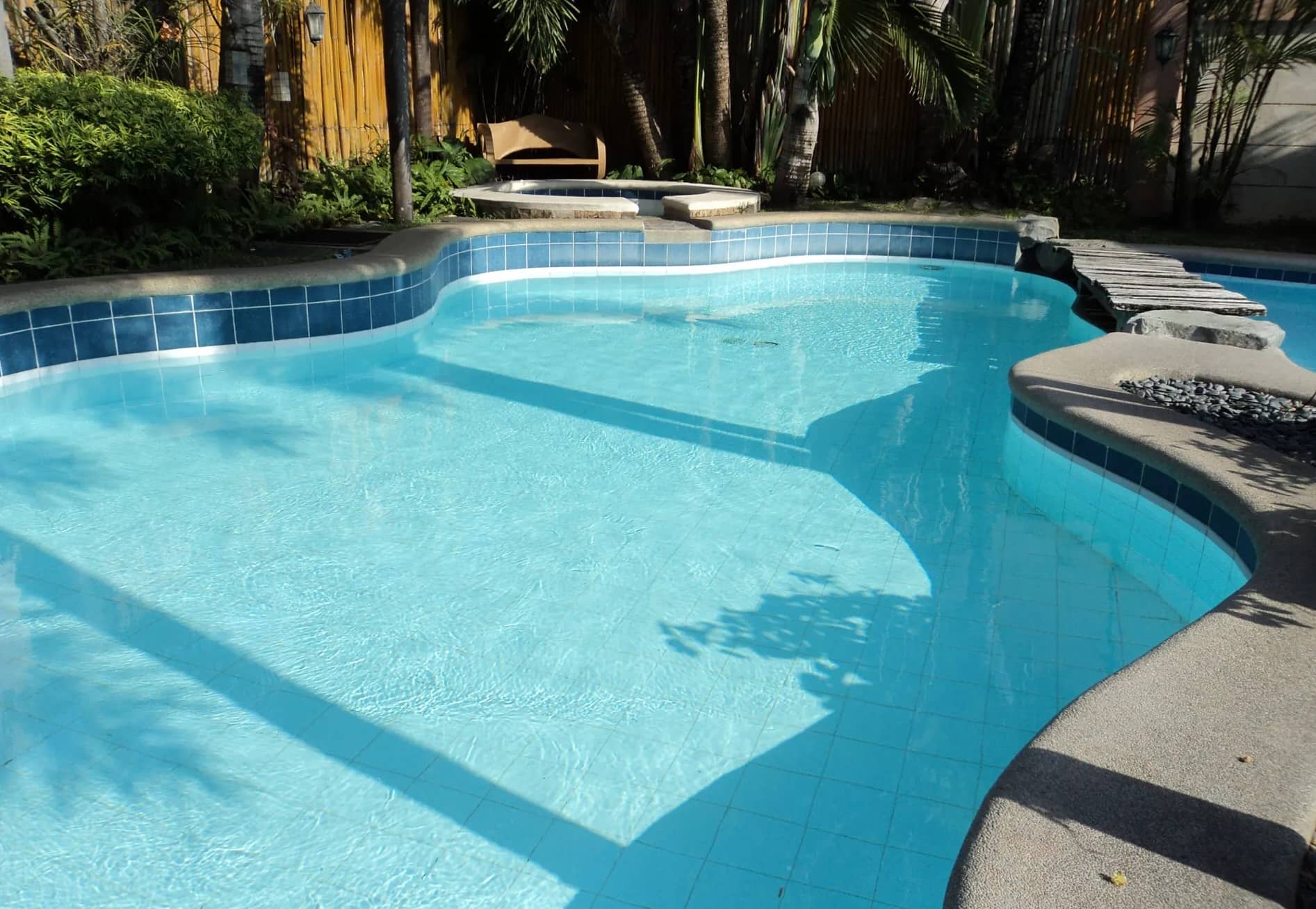

0 thoughts on “How To Keep Swimming Pool Water Clean Naturally”